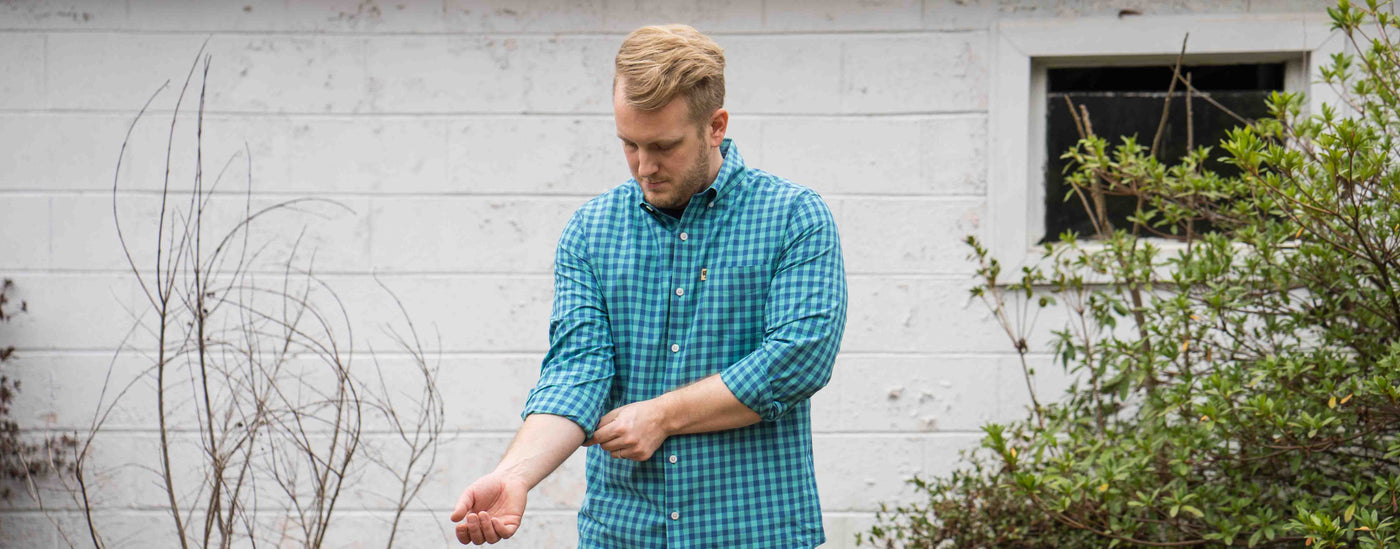Your Cart is Empty
You are $99.00 away from free shipping!
Your Cart is Empty
You are $99.00 away from free shipping!

Revised 9/17
Plaid vs. Gingham. Are they patterns or fabrics? And what’s the difference between them, anyway? Plaid and gingham are indeed two distinct patterns, but neither of them started out as “just a pattern” at all.
Plaid: In traditional Scottish and Northern English wear, plaid was originally a length of wool cloth in a tartan pattern. These garments were made in all sorts of unique styles to represent different families and clans. However, over time, the material’s name grew to mainly refer to the recognizable pattern (“tartan plaid”) rather than the material itself.
Gingham: In much the same way (although less historically significant), gingham was originally just a linen or cotton cloth most often made with symmetrical, overlapping stripes in a checkered pattern. Like plaid, the word gingham is now more closely associated with the pattern than the actual material.

A plaid pattern includes vertical and horizontal lines of varying sizes and colors. You know, the pattern used in Scottish kilts and 90’s grunge bands. Also the most popular pattern for flannel shirts.
Gingham, on the other hand, is much more orderly. The colors in gingham are always white and one other color. The vertical and horizontal lines are of equal size and are evenly spaced. The criss-cross of identical lines on a white background creates the recognizable evenly-checkered pattern.

Now that you know the difference between the two, let’s talk about when and how you should wear plaid and gingham. As we mentioned, plaid is generally found in flannel shirts, and this is about as casual as it gets. Unless you work in a workshop or pretty laid back environment, we’d recommend saving your flannel shirt to wear with jeans, perhaps on a fall camping trip with your leather travel bag or waxed canvas backpack in tow. Learn more about the difference between flannel and plaid on our blog.
Gingham on the other hand can be a little more dressy and is a popular print for spring and summer. Often used in button down shirts, gingham adds some visual interest to a shirt without being too casual. Generally gingham button downs are made with a cotton or linen fabric, again making them a popular choice for professionals in warmer months.
When debating plaid vs. gingham, you can’t really go wrong. Either can be dressed up or down. (But, please don’t wear them both at the same time.)
Orders shipped to Canada may be subject to import duties, tariffs, and taxes charged by Canadian customs. These fees are not included in our prices or shipping costs. You will be responsible for any additional charges upon delivery. Please review local customs regulations before placing your order.

